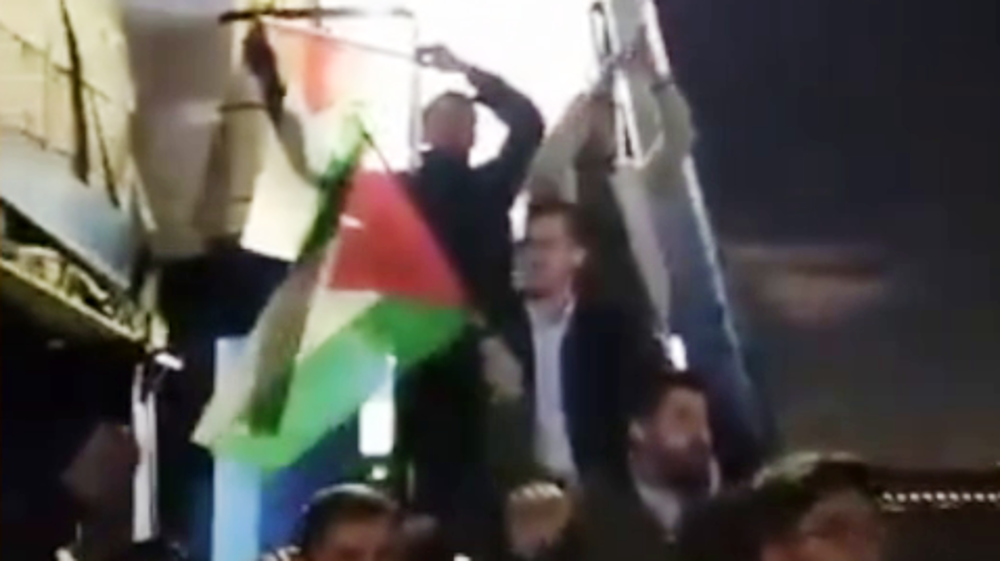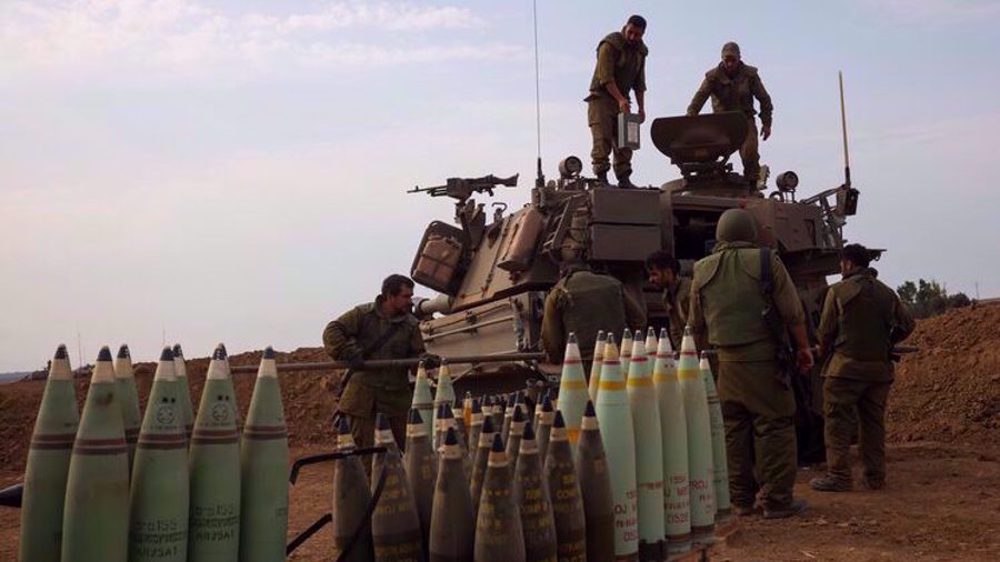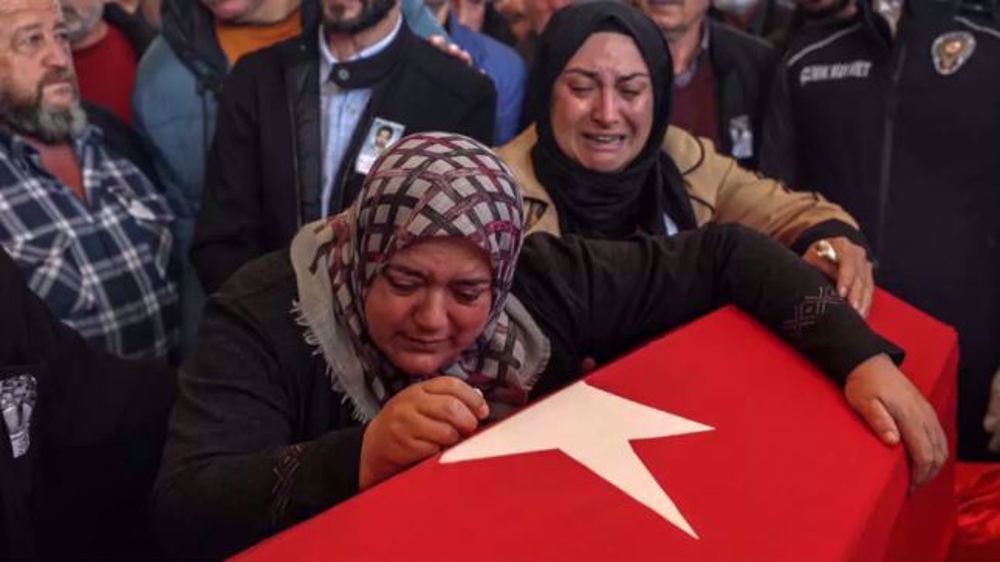Ankara, Tel Aviv to appoint envoys this week: Turkey presidency
The Turkish Presidency says Ankara and Tel Aviv will begin the procedure of exchanging ambassadors later this week after the two sides reached an deal to normalize relations following a six-year rupture caused by a deadly Israeli raid on a Gaza-bound aid ship.
"This week we will start the process of ambassador appointment" between Turkey and Israel, presidential spokesman Ibrahim Kalin told reporters in the capital, Ankara, on Tuesday.
Kalin further noted that new steps will be taken to resume ties with Israel in the fields of “economy, trade and energy.”
The remarks came one day after Turkey and the Israeli regime concluded the reconciliation agreement.
Ankara and Tel Aviv’s once close relations soured after Israeli commandos attacked the Freedom Flotilla in international waters in the Mediterranean Sea on May 31, 2010, killing nine Turkish citizens and injuring about 50 other people. A tenth Turkish national later succumbed to his injuries. The vessel was attempting to break the Israeli naval blockade of the Gaza Strip.

Ankara-Moscow ties
Elsewhere in his comments, the Turkish official said Ankara wants to "open a new chapter in Turkish-Russian relations" which were strained last November after Turkey shot down a Russian Su-24M Fencer aircraft with two pilots aboard, claiming the fighter jet had repeatedly violated the Turkish airspace.
Moscow, however, dismissed Ankara’s claims, saying the plane was brought down in Syrian airspace, where Russia has been conducting combat sorties against Takfiri terrorists since late September 2015 upon a request by the Damascus government.
One of the pilots of the Russian jet was killed by militants on the ground in Syria, but the other one survived.
Touching on Ankara-Moscow ties, Kalin announced that Turkish Foreign Minister Mevlut Cavusoglu and his Russian counterpart, Sergei Lavrov, would meet on the sidelines of the Black Sea Economic Cooperation meeting in the Russian resort of Sochi on July 1.
He also emphasized that Turkey's efforts to restore cooperation with Israel and Russia are separate issues and not the result of a change in Ankara's policy.
On Monday, the Kremlin said Turkish President Recep Tayyip Erdogan Erdogan had apologized over the plane incident in a letter to his Russian counterpart, Vladimir Putin.
Kalin, however, denied the apology, saying the Turkish leader's letter had only "expressed deep regrets” over the incident.
He added that there were no plans to offer compensation, but suggested Ankara may make a "gesture" to the family of the slain pilot to "ease their sorrow."
48-year-old Palestinian man serving 48 life terms completes 22 years in Israeli jails
From MKO to Tondar, how Germany became safe haven for anti-Iran terror groups
Hamas open to any proposal aiming to end Gaza war: Hamdan
Role of private sector in Iran’s thriving space industry
Four Palestinians killed in Israeli strikes on West Bank
Iran warns of ‘calculated, precise’ response to Israeli aggression
After year-long genocide, Israeli military hires private firms to flatten buildings in Gaza
Malaysia working on resolution to expel Israel from United Nations















 This makes it easy to access the Press TV website
This makes it easy to access the Press TV website